Crypto Exchange Review: Honest Insights on Decentralized and Centralized Platforms
When you look for a crypto exchange review, a detailed evaluation of a platform where you buy, sell, or trade digital assets. Also known as cryptocurrency trading platform, it’s not just about which site has the lowest fees—it’s about who you trust with your money. Not all exchanges are built the same. Some are centralized, run by companies that hold your keys and control your funds. Others are decentralized, letting you trade directly from your wallet with no middleman. The difference isn’t just technical—it’s life-or-death for your assets.
Most people start with big names like Binance or Coinbase because they’re easy to use. But if you’re trading smaller tokens or want to avoid KYC, you might end up on a decentralized exchange, a peer-to-peer trading platform that runs on blockchain and doesn’t require identity verification. Also known as DEX, it gives you full control but also full responsibility. If you mess up a transaction, there’s no customer service to fix it. That’s why a good crypto exchange review doesn’t just list features—it shows you what happens when things go wrong.
Fee structure, liquidity, supported chains, and withdrawal speed matter more than flashy marketing. Tokenlon charges 0.30% flat, but if it lacks liquidity for your token, you’ll get a bad price. Merchant Moe on Mantle has zero fees, but only works on one blockchain. DODO on BSC saves you money on large trades thanks to its smart pricing, but won’t help if you’re trying to trade Solana tokens. A real review tells you these trade-offs. It also warns you about fake platforms like QB crypto exchange, which isn’t even a real service—it’s a mix of a game mod and a scam site.
Regulation plays a huge role too. India’s 1% TDS tax on every trade changes how you calculate profits. Vietnam’s 0.1% tax hits even losing trades. The UAE’s removal from the FATF grey list made it a magnet for legit exchanges. Meanwhile, in Tunisia and Nigeria, people trade anyway—using P2P and VPNs to bypass bans. A crypto exchange review that ignores geography is useless. Your location affects what platforms you can use, how much tax you pay, and even whether your funds are at risk.
And don’t get fooled by hype. Some exchanges push their own tokens like a loyalty card. LON on Tokenlon, SUNDAE on SundaeSwap, DODO on DODO—these aren’t just coins. They’re governance tools, fee discounts, or revenue shares. A good review explains if holding the token actually saves you money or just locks you into one ecosystem.
What you’ll find below isn’t a list of top 10 exchanges. It’s a collection of real, unfiltered reviews—some praising speed and low fees, others exposing dead projects, fake airdrops, and platforms that vanished overnight. You’ll see what works for DeFi traders, what fails for beginners, and which exchanges are just digital ghosts. No fluff. No sponsored posts. Just what people actually learned after using them.
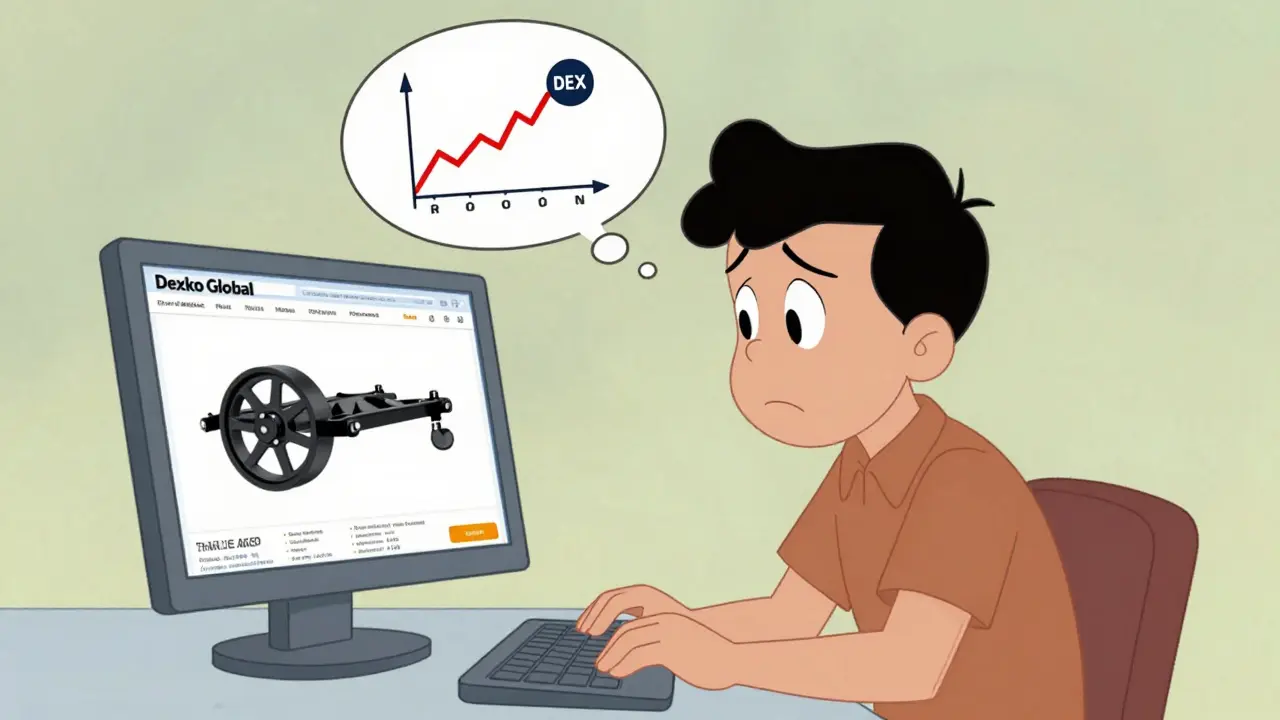
Dexko Crypto Exchange Review: It Doesn't Exist - Here's What You Actually Need to Know
Dexko is not a crypto exchange - it's a trailer parts manufacturer. Learn why people get confused, which real DEX platforms to use instead, and how to avoid crypto scams tied to similar-sounding names.
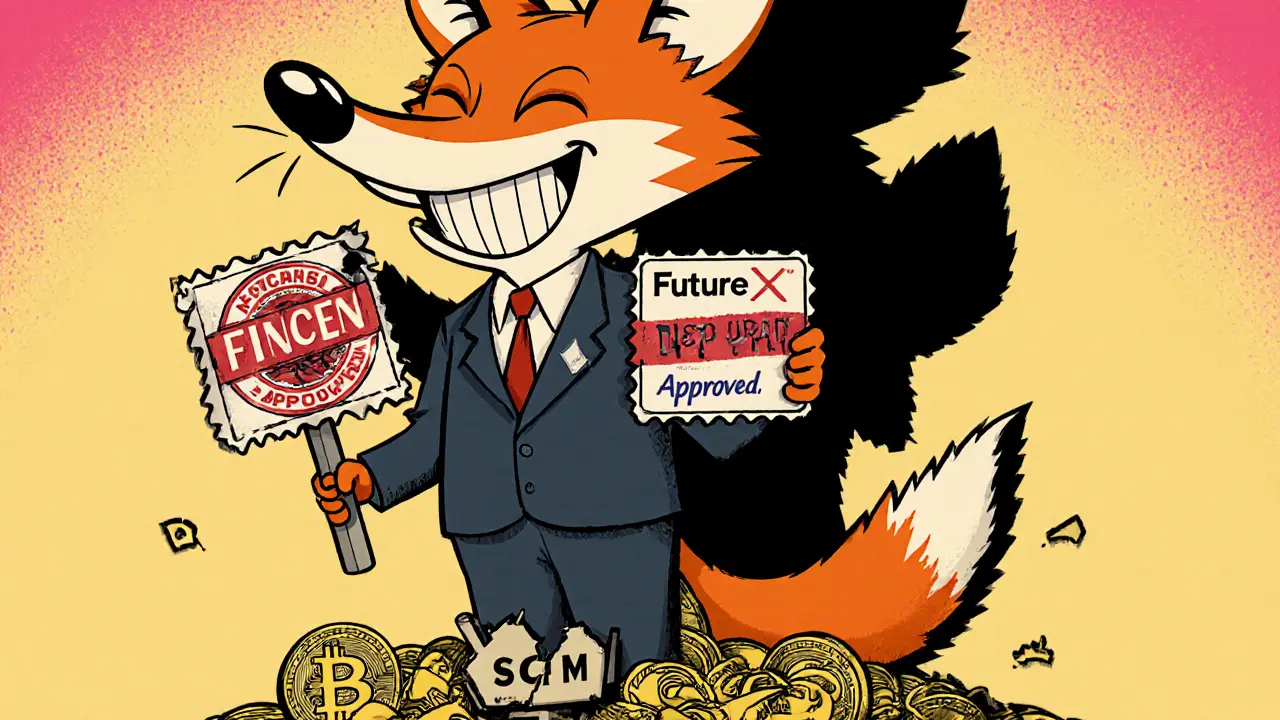
FutureX Pro Crypto Exchange Review: Red Flags and Scam Warning
FutureX Pro claims to be a secure, FinCEN-approved crypto exchange with no KYC-but it's a scam. No verified reviews, no security proof, and impossible regulatory claims make this platform extremely dangerous. Avoid it at all costs.
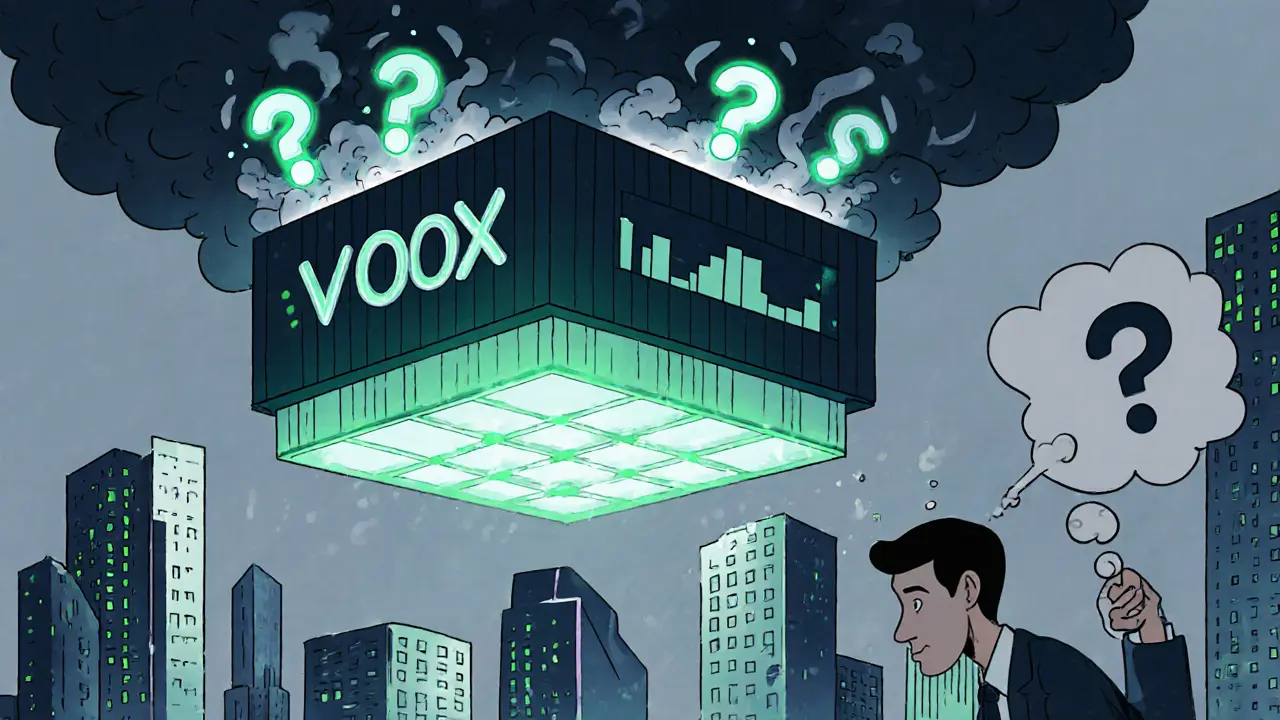
VOOX Exchange Crypto Exchange Review: AI Claims, Fees, and Regulatory Risks
VOOX Exchange promises AI-driven trading but lacks regulation, transparency, and real user engagement. Learn why its high traffic and inflated volume mask serious risks for traders.
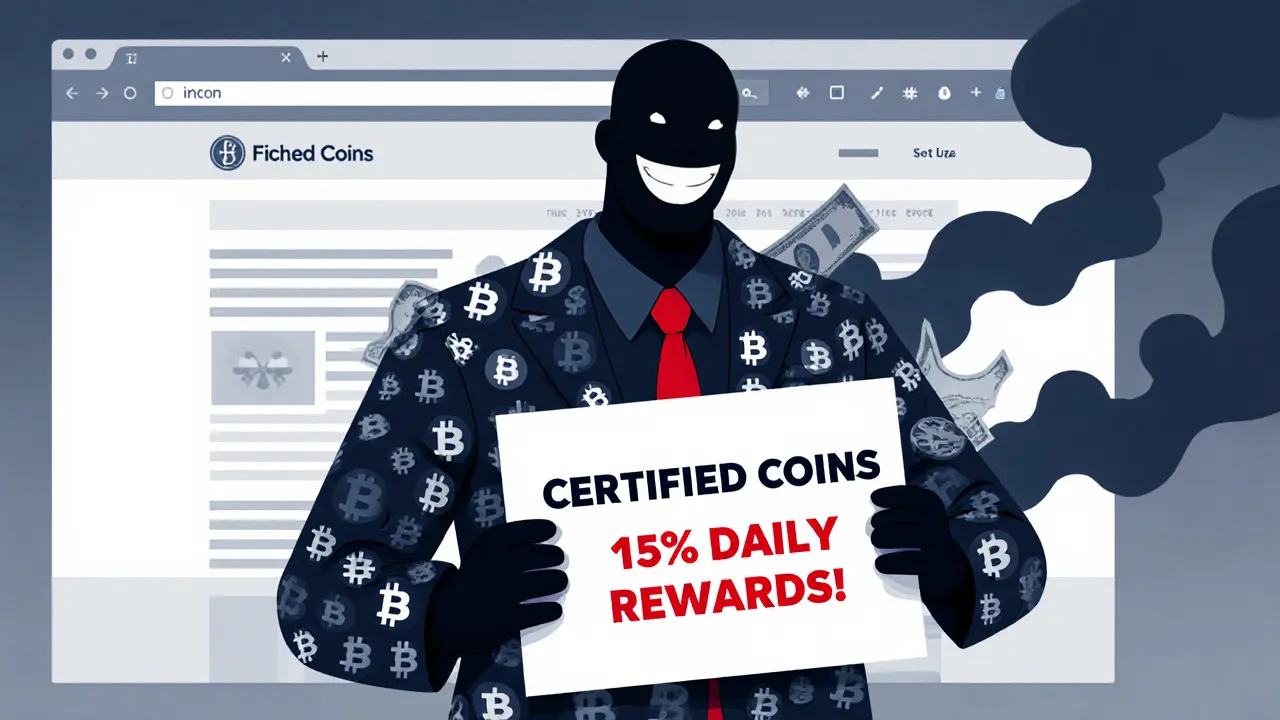
Certified Coins Crypto Exchange Review: Does This Platform Even Exist?
Certified Coins is not a real crypto exchange - it's a scam. Learn why this fake platform doesn't exist, how to spot similar scams, and which legitimate exchanges you can trust in 2025.
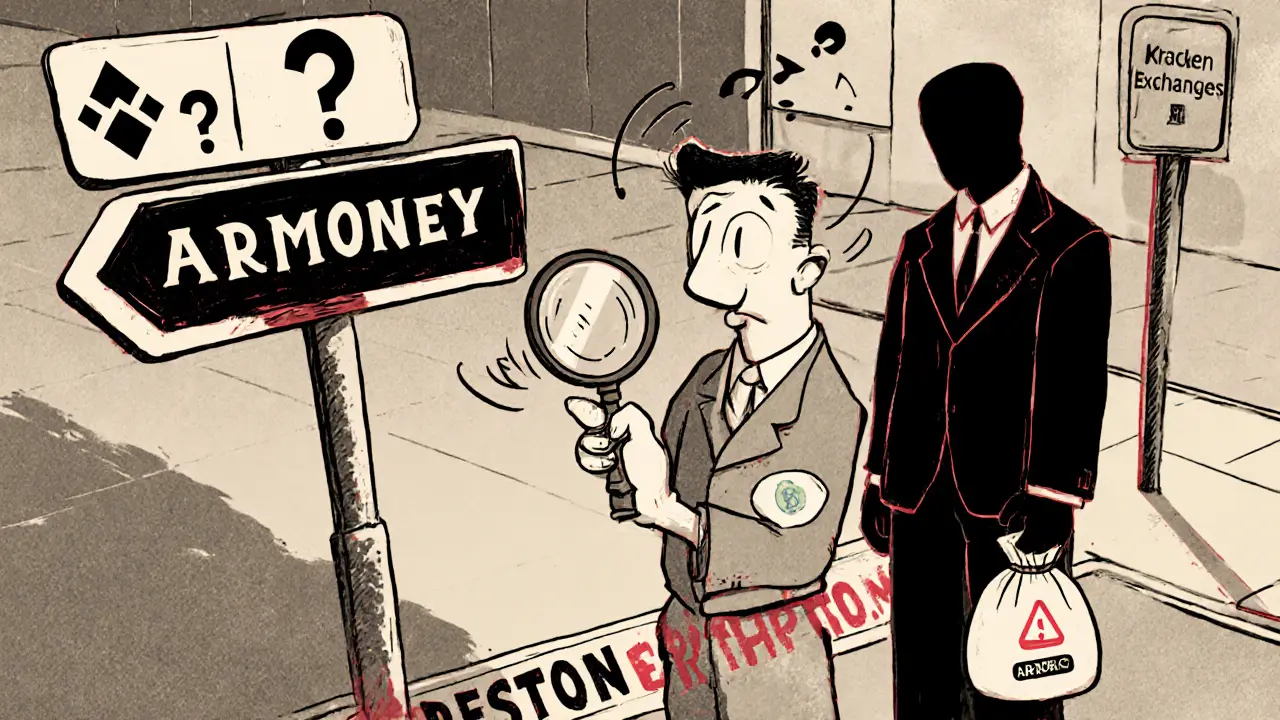
Armoney Crypto Exchange Review: What You Need to Know in 2025
Armoney crypto exchange doesn't exist - it's either a scam or a misspelling of Harmony (ONE) or BTC Armani Nova. Learn what's real, what's risky, and where to trade safely in 2025.
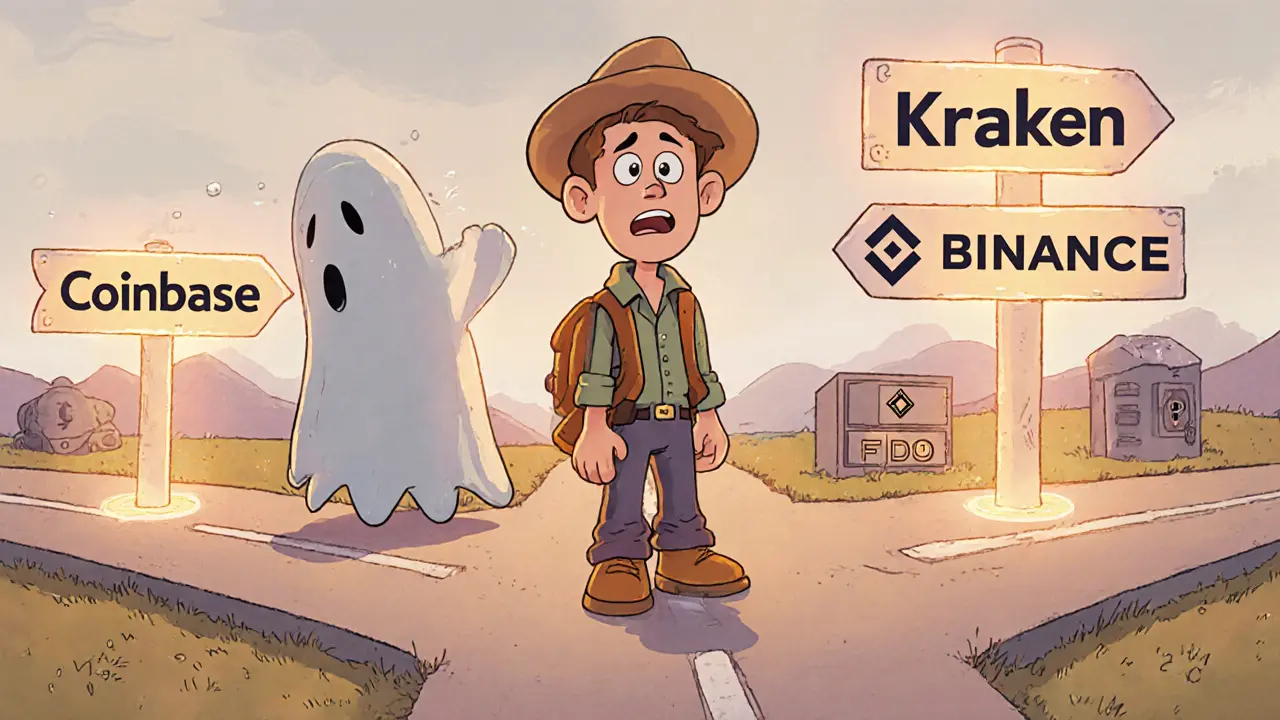
Ostable Crypto Exchange Review: Why It Doesn't Exist and What to Look for Instead
Ostable is not a real crypto exchange. This guide explains why it doesn't exist and shows you how to spot safe, regulated platforms like Coinbase and Kraken instead.
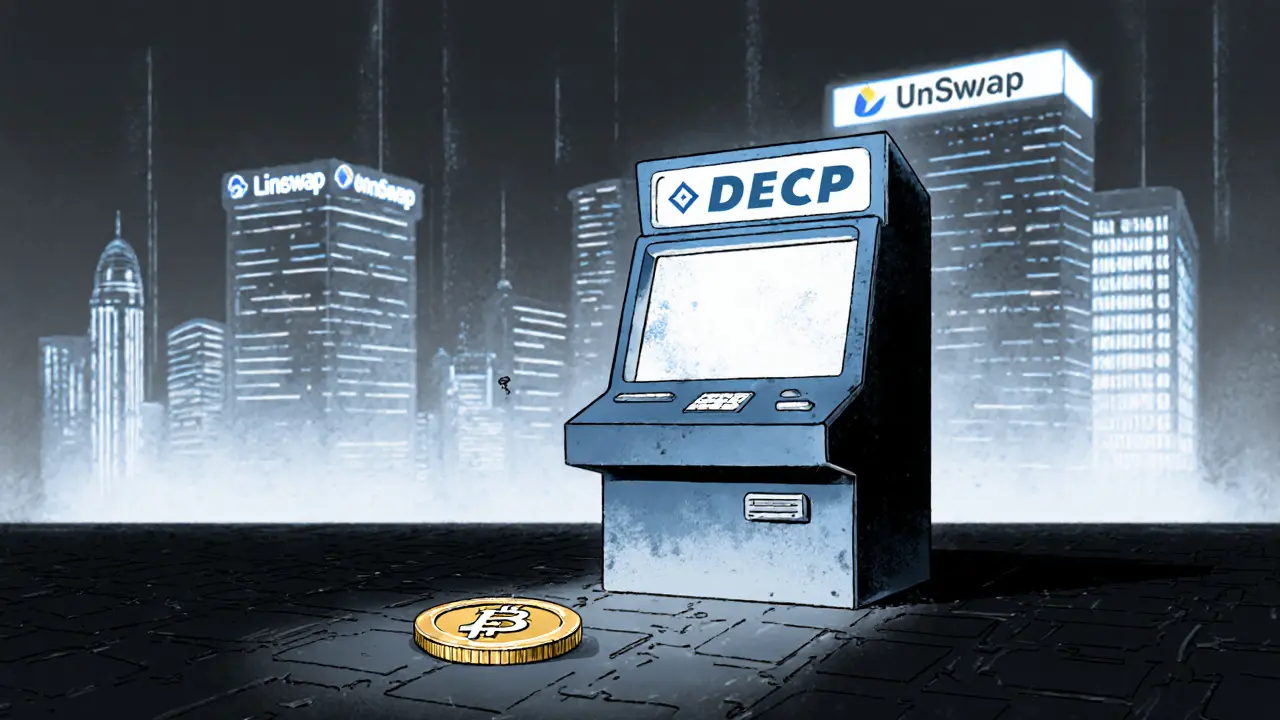
EchoDex Crypto Exchange Review: Is This Linea DEX Worth Your Time in 2025?
EchoDex is a decentralized exchange on Linea with almost no trading volume, no audits, and zero community. As of 2025, it's not a viable crypto exchange-avoid it unless you're speculating on a dead token.
© 2026. All rights reserved.